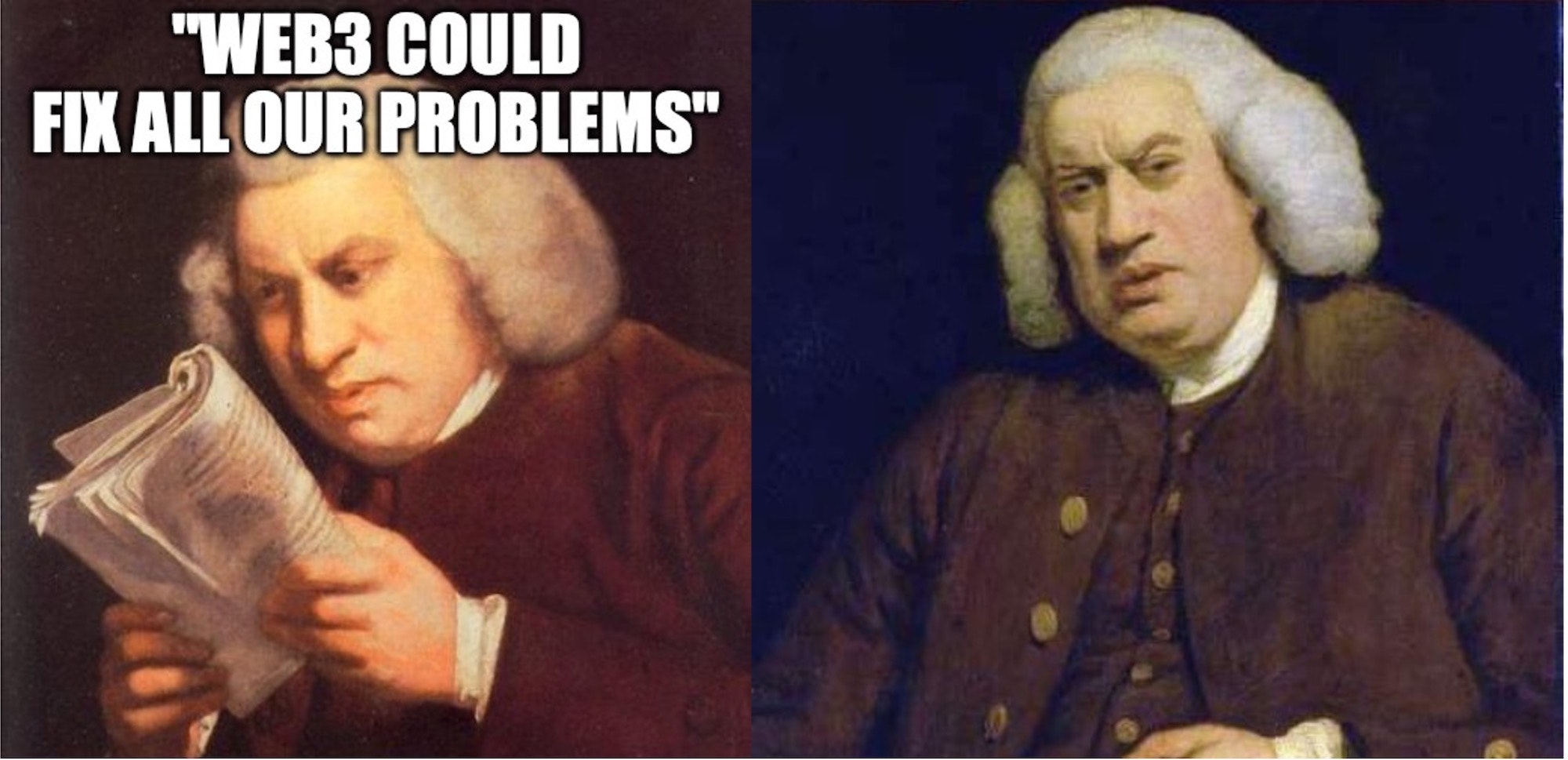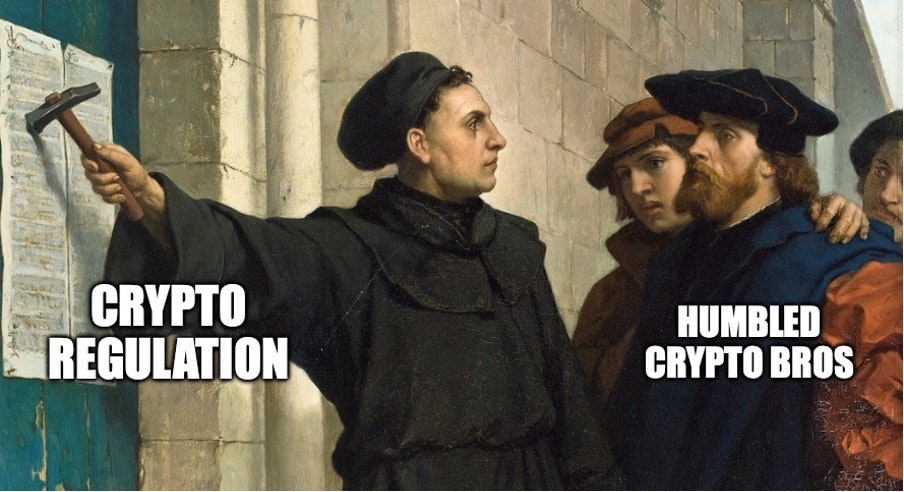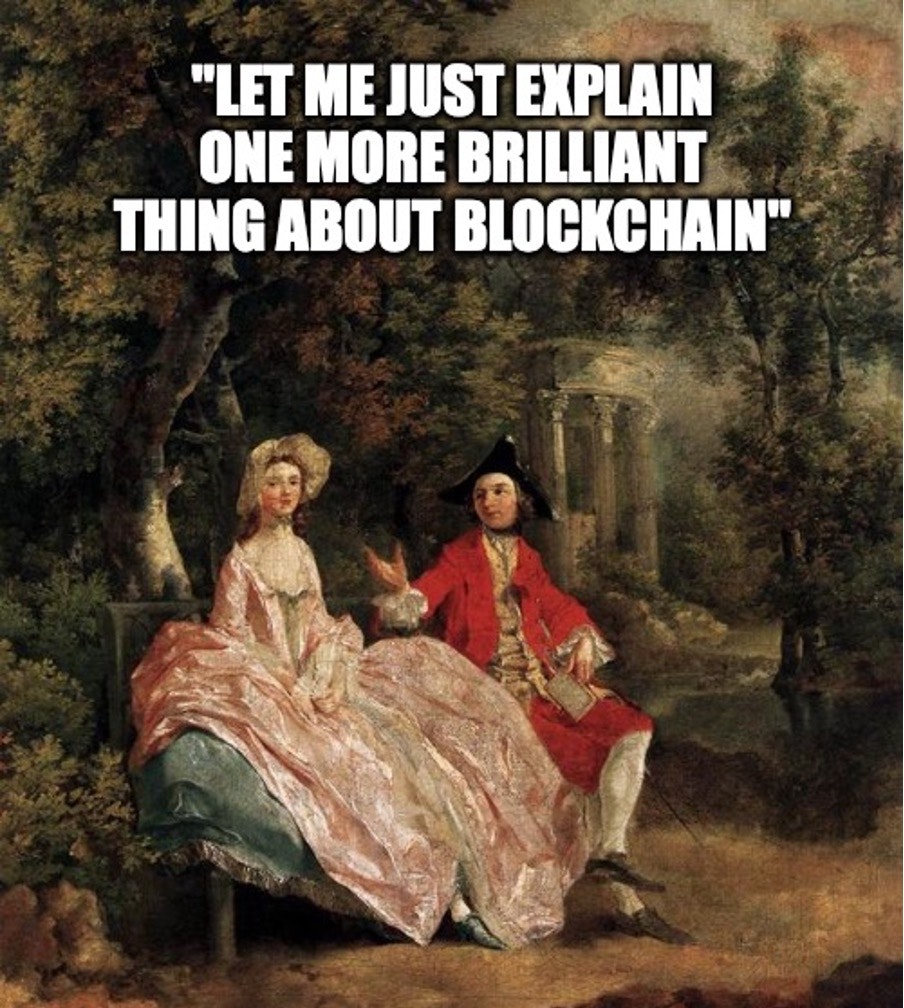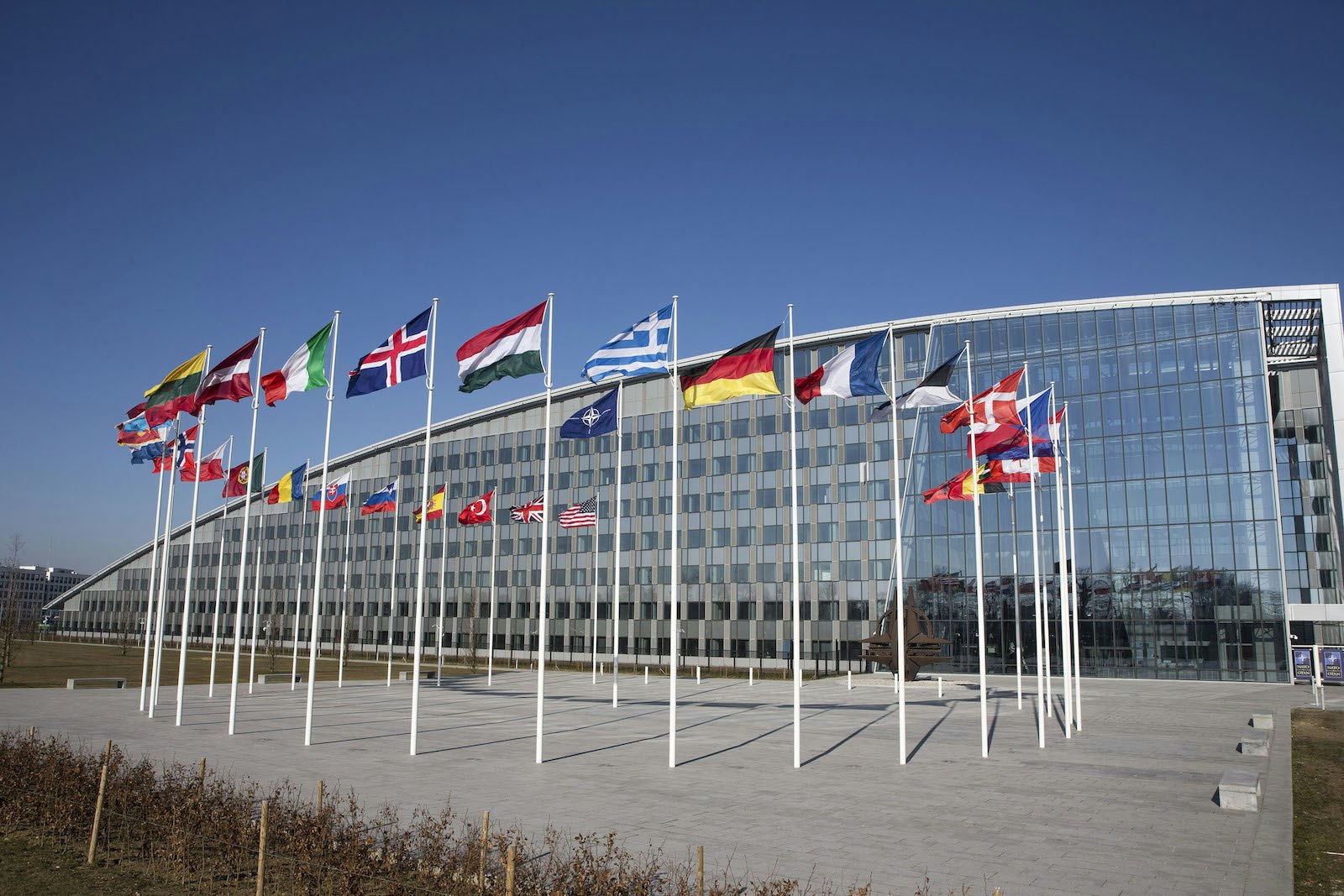Leonardo da Vinci, Botticelli, Titian… the Louvre in Paris houses works by some of the most famous artists of the Renaissance, a period of European history marked by a revived interest in beauty, culture and learning.
Perhaps this is the connection that a recent Web3 conference wanted to make by hosting it at the venerable French museum. Just a few rooms away from the Mona Lisa, Proof of Talk participants were supposedly witnessing a new Golden Age of the internet, built on blockchain and decentralisation.
Some of it was as I expected — bros wearing t-shirts with colourful monkeys and slick VCs spitting out jargon — but some of it wasn't. In fact, it left me with more questions than answers. Here are the notes I scribbled down from the mahogany VIP room.
Do we even know what Web3 really means yet?
My understanding of Web3 is the following: Web1 was the static web pages and personally hosted blogs of the 90s, Web2 had shared social media platforms allowing users to upload content (and likes, dislikes and identities that Big Tech can sell stuff to) and Web3 is supposed to be those users taking back the power. But I quickly realised the definition of Web3 changes depending on who you are talking to.
Web3 still seems to be a catch-all term for a mesh of concepts surrounding crypto, blockchain, decentralisation and sticking it to the man, sometimes with a progressively valueless NFT.

One founder, who had worked at Twitter for 10 years before founding a Web3 startup, spoke compellingly about the horrors he saw at Big Tech with big data — even before Elon Musk took the reins. It almost lulled me into thinking Web3 could be the answer, but as soon as you actually think about it you realise it’s not decentralising power, it’s just re-centralising it — to the big crypto funds and exchanges and in some cases, to the exact same people who profited from Web2.
Then there were the unexpected pivots to philosophy. In a new world, where you can be any avatar you want to be, what does it mean to have an identity? Can you really take on a new identity or will parts of your human identity seep through?
Regardless of whether Web3 takes off or not, most of us are living more and more in worlds that tech's created for us. Can we really make choices about who we are if the algorithm is deciding for us? It's question I found myself asking a nice-looking statue in the corridor.
Why does an industry that trumpets decentralisation want to be regulated?
While crypto has always been volatile, currencies and exchanges have been hit by some impressive crashes and controversies lately. Crypto exchange FTX’s collapse sent markets tanking. Starling laid out anti-crypto measures tougher than high street banks. App downloads plummeted. I continue to struggle with a concept that produces so many annoying Substacks — and has lost a lot of people a lot of money.
But European investment remained high last year. According to Dealroom, European VC investment in crypto startups reached an all-time high of $5.7bn in 2022, up from $2.9bn in 2021 and $431m in 2020. However this may not be the case for long, as global and US investment contracted last year and European VCs are flocking to newly hyped AI.

At the VC-run conference, VCs were bullish, but it wasn’t the only crypto optimism I’d heard recently. Blossom Capital’s Ophelia Brown just made her case for a crypto comeback on the Sifted Podcast, for example. But what struck me as odd was the emphasis on regulation. Isn’t the point to be decentralised from the people holding power?
One VC, at an Arc de Triomphe-adjacent restaurant that served sea bream ceviche and had a dinner DJ, actually said if Britain got its crypto regulation right it “could reverse Brexit”. Others said it would legitimise the tech, create trust and be a way for the sector to remove itself from bad actors.
In reality, the UK Treasury was quite brutal in May, saying that "with no intrinsic value, huge price volatility and no discernible social good”, consumer trading of cryptocurrencies should be treated like gambling. But then again, the central bank and Treasury also said “Britcoin” may become necessary earlier this year.
Why are there no women in Web3?
As people spoke to me in French, I started to think maybe people were mistaking me for cool, blasé and Parisian, but it could have equally just been my distaste for crypto bros.

It felt like maybe a quarter of participants were women, but as always with Web3, men owned the space. And at the end of two days of canapes and questions, these men, and some women, signed a pledge of 10 commitments to revolutionise it: transparency, community engagement, education, ethical conduct, best practices, collaboration, inclusivity, long-term vision, accountability, and advocating for positive change.
Maybe I shouldn’t be so sceptical. Maybe we will look back on a Web3 future as the Golden Age. Maybe Renaissance men were the crypto bros of their time. It’s just I doubt it.


